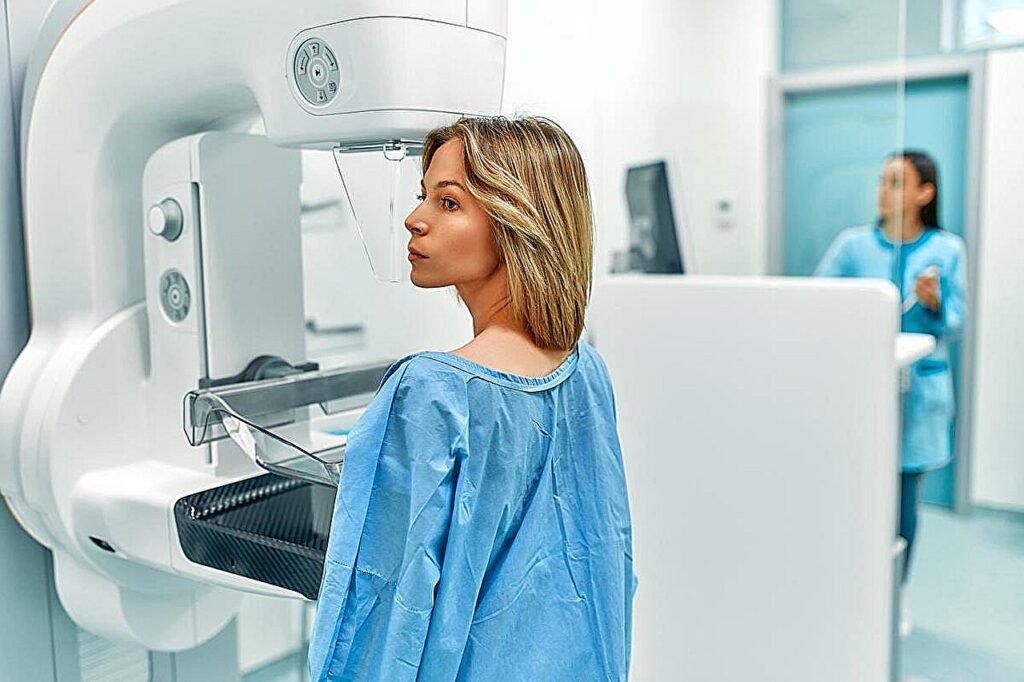The COVID-19 pandemic brought about significant disruptions in cancer screening rates, with many individuals missing out on crucial mammograms and colonoscopies due to lockdowns and social distancing measures. However, a recent study conducted by the American Cancer Society has revealed that breast and colon cancer screening numbers have not only rebounded but have actually surpassed pre-pandemic levels.
Lead researcher Jessica Star emphasized the importance of these findings, highlighting the positive impact of the increased screening rates. Unfortunately, the same cannot be said for cervical cancer screenings, which continue to lag behind pre-pandemic levels. This concerning trend raises alarms as early-stage diagnoses of cervical cancers also decreased during the pandemic, putting more lives at risk.
The study, which analyzed data from the National Health Interview Survey conducted by the CDC, compared cancer screening rates from 2019 to 2021 and 2023. The results showed a 7% increase in breast cancer screenings and a 12% increase in colon cancer screenings in 2023 compared to 2019. On the other hand, cervical cancer screenings remained 14% below 2019 levels with no improvement in 2023.
The decline in cervical cancer screenings is attributed to various factors, including patient knowledge, clinician recommendations, and disparities in socioeconomic status. To address these challenges, researchers suggest the need for continued advocacy for cervical cancer screenings and efforts to reduce disparities in cancer screenings.
Furthermore, the study found that the rebound in breast and colon cancer screenings primarily benefited individuals with higher income, education levels, and insurance coverage. To ensure equitable access to screenings, health systems and healthcare professionals are encouraged to improve communication, provide patient navigators, and address structural and cost barriers.
For more information on cancer screening tests, the U.S. Centers for Disease Control and Prevention offers valuable resources. The study, titled “Cancer Screening 3 Years After the Onset of the COVID-19 Pandemic,” was published in JAMA.
In conclusion, the resurgence of cancer screenings post-pandemic is a positive development, but efforts must be made to address the disparities in cervical cancer screenings and ensure equitable access to all screening services. By advocating for increased awareness, improving communication, and addressing barriers to access, we can strive towards better cancer prevention and early detection.
Copyright © 2025 HealthDay. All rights reserved.


